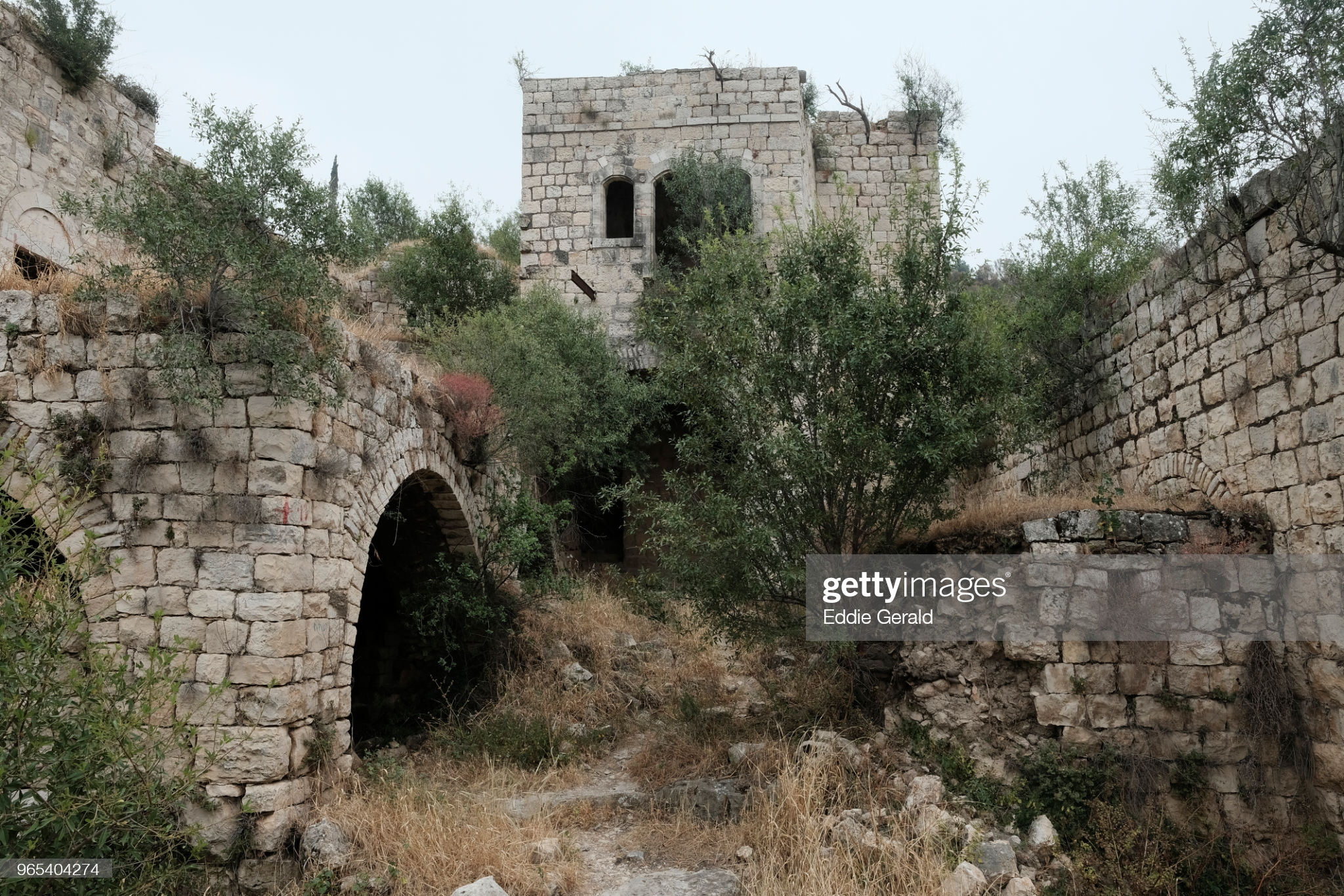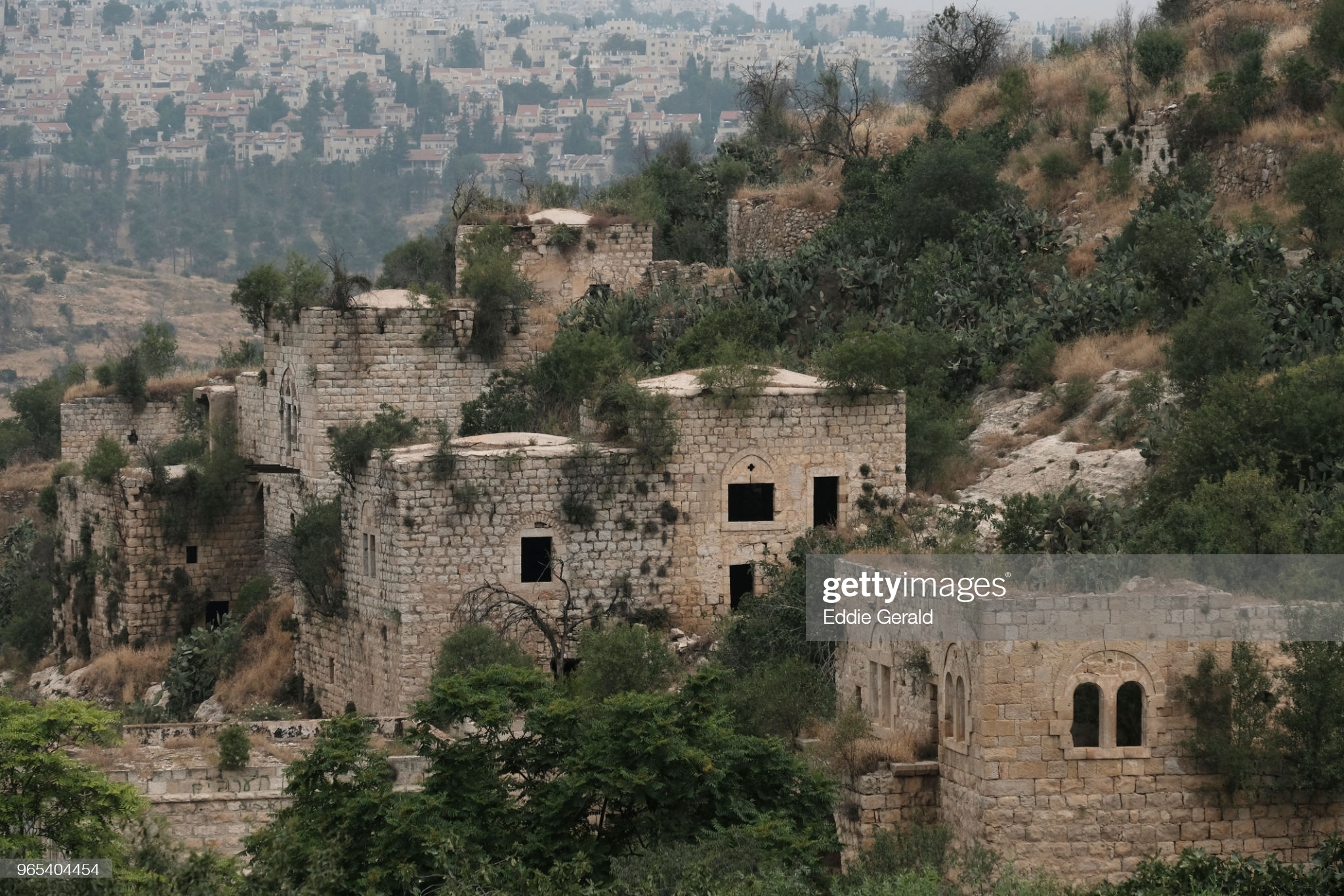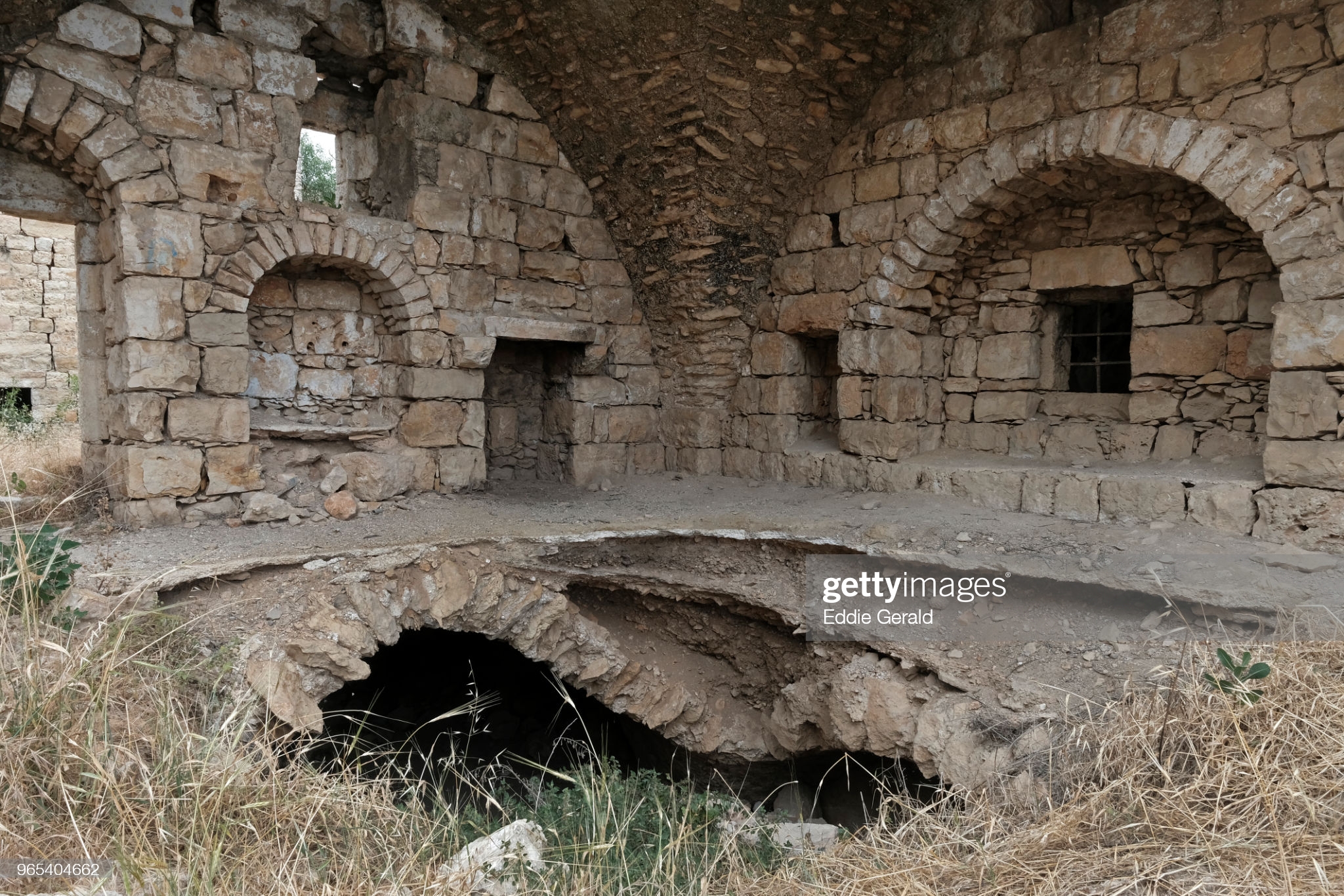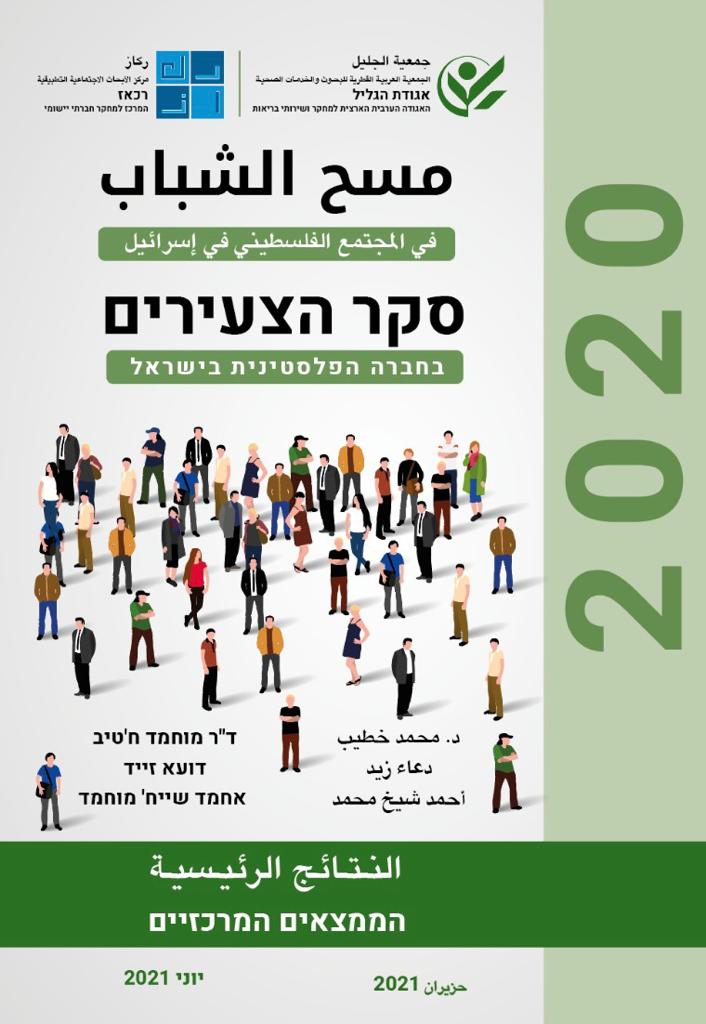Introduction
Over the last decade, UN Human Development Reports have redefined the term “security” in a way unlike the definition adopted by states and countries. The latter have limited the term’s scope to the threats and dangers facing the countries themselves and their sovereign authority; mainly external or internal forces seen as threatening to national security and the stability of the regime. Thus, states have deliberately and intentionally ignored the security of the individual citizen and that of ethnic groups facing threats and danger from the state itself.

There is little doubt that this new definition of human security is pivotal in the formation of plans for future social development. The disproportionate distribution of wealth and national resources worldwide is simply another result of economic and social policies that emphasize economic growth as opposed to human growth. This has only created vicious cycles, impossible to breach due to a lack of equal opportunities and human security for minorities. By redefining “security” as “human security,” taking into account the needs of individuals, the international community has demonstrated a global awareness toward the development obstacles faced by individuals and minority groups within their own countries.
Yet, despite the aforementioned description about its widened scope, the term “human security” remains an abstraction, and is therefore full of gaps and weaknesses. The definition of human and social security and its diagnosis must be taken a step further towards building strategies and real programs that focus on developing the individual and strengthening people’s ability to confront the threats and challenges that face them. Breaking this term down to the various elements of security will make it easier to bridge the gap between ideal and reality, fostering a deeper understanding of the kinds of threats that face individuals and indigenous minorities in general, and in our case, the Palestinian Arab community in Israel.
Dissecting the various angles of human security and moving it from analysis to initiative should also make it easier to visualize and prioritize the development of comprehensive security and the protections it entails in the fields of politics, economics, environment, health and mental well-being. Thus we may put in place infrastructural programs that strengthen people’s ability to stand in the face of various threats and obstacles, safeguarding a more dignified and secure life.
The following lists a brief summary of the human security concerns faced by the Palestinian community in Israel:
- Economic Security refers to a lack of equal opportunity and economic rights, along with economic marginalization. In particular, this includes the exclusion of Arab towns from development budgets.
- Health Security refers to the high cost of healthcare, the difficulty to obtain health services, the spread of contagious diseases, and the inequality of services offered to the rich and poor. There also exists a lack of available research concerning the state of health services in the Arab community and a total lack of educational programs tackling wide spread phenomena such as chain smoking and water pipe issues.
- Environmental Security refers to the poor distribution of natural resources, pollution, continued drought, the lack of development planning in Arab locales and confiscation of Arab lands, coupled with a total lack of
- environmental education.
- Communal and Individual Security refers
- to individual and sectarian violence, abuse of women, the marked increase in organized crime and the disintegration of social structures without alternatives.
- Political Security refers to the shrinking democratic processes, an increase in popular and institutionalized racism, repression, persecution, and the absence of adequate democratic representation to influence state policies. As a result, Arabs are marginalized and their representatives largely absent from the decision making process.
- Cultural Security refers to the marginalization of Arab cultural identity, turning it into a folkloric curiosity whose cultural and artistic activity is viewed as inferior and not worthy of investment by the state.
- Existential Security refers to expulsion from the country. This has been the lot of Palestinians since 1948 and continues in such places as East Jerusalem, Silwan, and Naqab, in addition to exposed plans targeting the Arab citizens of Israel.
There is no doubt that the concept of human security will continue to grow. In fact, security, in its most basic meaning, should transcend humans to include all living beings and their habitat; for our role is to live in harmony with other beings, not contribute to their extinction through greed or our abuse of natural resources.

Arabs in Israel – Zero Prospects and Less Security
Living in the shadow of Jewish hegemony, Arabs in Israel have adopted an approach whereby change must come from the State’s perception and attitude towards the Arab minority; meaning, Israel as a democracy must not favor one ethnicity or religion over another. However, this is not Israel’s approach, and the systematic obstruction of Arab equality is ignored by the State.
Previous strategies advocating for equality visà-vis the State were focused on equating ‘our share’without questioning whether our demands actually suited our needs, ignoring the need to build the Arab community from within. Examples abound in many areas of our lives; unrecognized villages, home demolitions in the Galilee and the Negev and the Triangle…
Did we, as a society, build mechanisms capable of offering real help and not just seasonal moral support quickly forgotten until the next demolition? The only help popular committees receive is visits by representatives offering moral support without real assistance. The same is true in the area of unemployment and poverty. Half of the Arab minority in Israel lives below the poverty line unable to buy basic necessities. What have we done as a society to deal with this dangerous phenomenon?
There is no doubt that the effort spent trying to achieve justice and equality for the Arabs in Israel has been of great importance and enriched the lives of Arabs with many institutions of political and legal natures. However, we did not build the infrastructures for social institutions that could carry our society forward from the grassroots level. Even documents concerning a vision for the future of our society, as important as they are in shaping and defining who we are and what we desire, failed to recognize the importance of internal movement and the effect of working from within to strengthen the community. In light of the harsh human and living conditions of Arabs in Israel, especially in the last decade since the Al-Aqsa Intifada, and the decline in hope for justice from the Israeli democratic system towards its Arab citizens, the dream of achieving equality through the Israeli system is fast becoming a distant memory. The various campaigns to define the state as Jewish, and new “Loyalty” and “Citizenship” laws which further marginalize Arabs, have all led to a reality whereby Arabs in Israel are in desperate need of security and political and social stability. The concept of a struggle for equality will remain void of meaning as long as it continues to ignore the specific human needs of the Arab citizens in Israel and their political and social state as a group whose security is threatened in all fields.
The Arab community in Israel needs to feel secure in the state and know that citizenship guarantees security in its widest form. The State’s bias towards Jewish citizens and therefore its failure to provide equal security for its Arab citizens is the basic axis from which all other demands for equality should spring. It is also the internal social catalyst for creating and institutionalizing social, political, economic and cultural structures (such as an elected Follow-up Committee, professional economic committees, a network of Arab schools, a structure for volunteer work, etc…) capable of strengthening the community and expanding people’s outlook. This approach rests upon the unwavering demand for full and equal citizenship for Israel’s Arabs and an immediate and drastic change in the State’s perception of Arabs as a threat from within, leading to a situation that can foster a feeling of security for all individuals.

Missing Security
Since 2000, Arabs in Israel have experienced a sharp and constant rise in expressions of racism and discrimination by the State, through political representatives and religious leaders, to an extent never experienced before. Ideas of expelling or “trading” the Arabs in Israel for settlers in the West Bank have become prominent among many political parties both from the Right and the Left. The amount of discriminatory laws passed in Israel in the past decade shows that racism in Israel is taking a very practical approach and is no longer limited to extreme slogans. This is a strategic shift that must not be ignored as it threatens the security of the Arabs in Israel, if not their very existence.
At the same time, there is a growing sense among Arabs in Israel that they are losing what little sense of safety and security they had in all fields of life, be they social, political, economic, cultural and environmental. The resulting lack of trust in the State and its institutions on the one hand, and the weakness of the Arab institutions in dealing with the poverty and growing organized crime on the other, have all led many workers and thinkers to surrender to the growing apathy, lacking motivation to push for social reform. Constant growth and social development require an atmosphere that fosters giving and investing human energy towards the public good.
One of the most dangerous side effects of neglecting to build social institutions has been the lack of accountability and supervision over existing institutions. Many of the cases of corruption in our local councils are considered a matter for the Ministry of the Interior, and not an issue that concerns us as a society. The question is why? We blame the Ministry for the failure and collapse of our local councils, but do not question our own impotence and resounding silence in the face of huge failure, a lack of professionalism and blatant council corruption. The same is true in education. Again, we blame the Ministry of Education after the publications show the severe underachievement of Arab students, but we do not question the teachers and directors of our educational institutions.
Most factions of our society live under such political and economic stress and dare not, either out of caution or outright fear, take steps to improve their situation. The lack of equal opportunities in personal and social security, added to the weakness of social, political and economic institutions with their own lack of developmental vision and reliance on outside help have all resulted in severe stumbling in the social development process. Identifying these effects at the internal, communal level, we began rethinking our efforts; how can we, as civil society, contribute to the strengthening of our community from within? How can we contribute to restoring social trust, solidarity and leadership in order to safeguard our human security? The following report offers answers, albeit limited, to these questions and represents what we believe can and should be done. Building on the potential imbued in our society, the Galilee Society is convinced of the Palestinian minority’s capacity to lead change and take a more active role to better our reality.
Baker Awawdy – General Director of the Galilee Society
July 31, 2014


